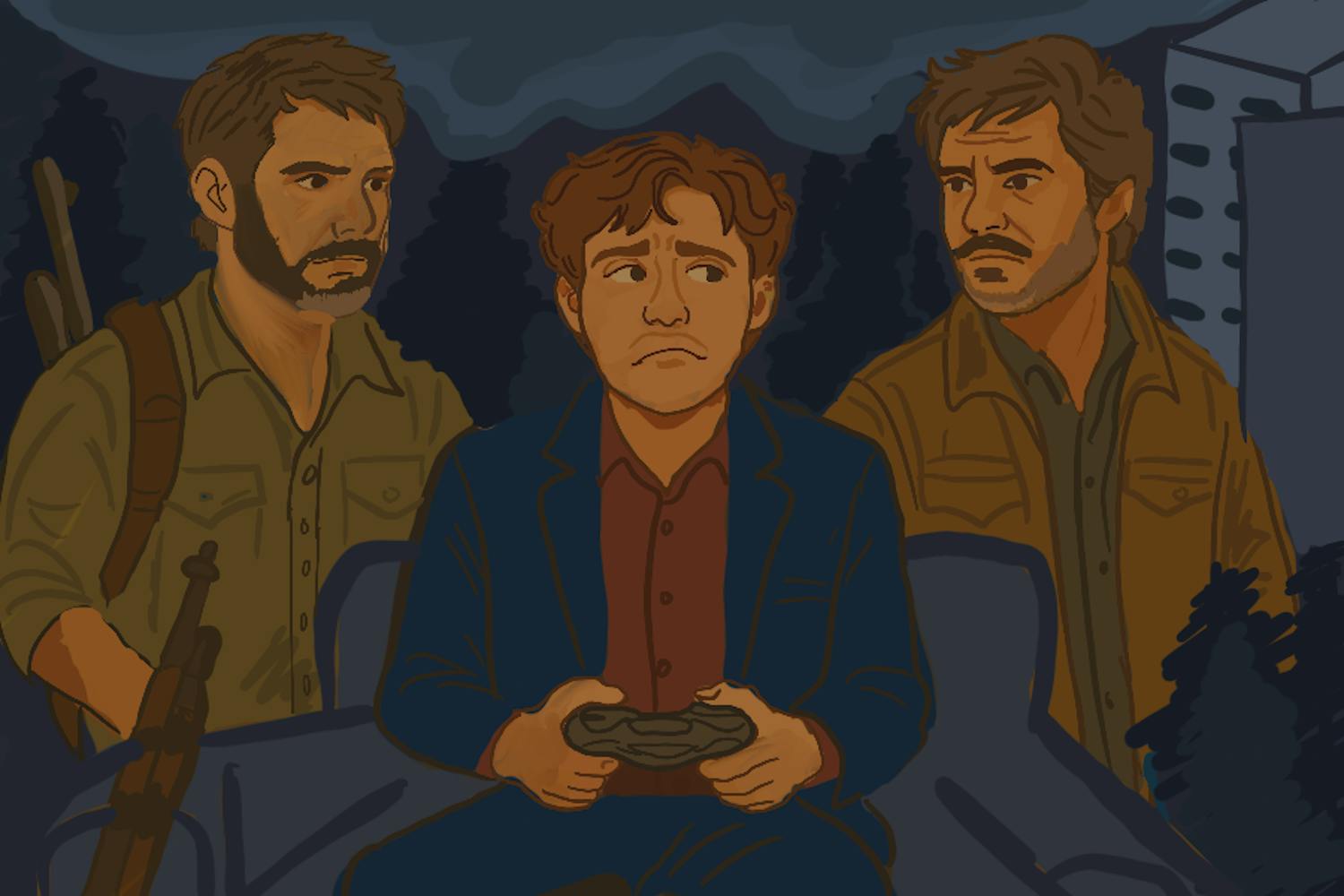Two years ago, “How did Sherlock survive?” became this TV-watching generation’s “Who shot JR?” This month, viewers finally got the answers they had been longing for, along with a whole new set of questions.
The third season for the hit adaptation of Sir Arthur Conan Doyle’s detective kicks off with “The Empty Hearse.” Set two years after Sherlock Holmes (Benedict Cumberbatch) leapt off the hospital roof in “The Reichenbach Fall,” the episode tells how each character had dealt with Sherlock’s death, with most of the attention on John Watson (Martin Freeman).
The episode opens with what appeared to be the big reveal everyone had been waiting for. As Moriarty’s body is fitted with a Sherlock mask and taken to spot where Sherlock would have landed, the real Mr. Holmes is attached to a bungee cord, swinging through a window and giving Molly Hooper (Louise Brealey) a big kiss before sauntering off. Could Sherlock’s master plan really be so ridiculous?
As it turns out, no. The scene is revealed to be a mad theory from Detective Anderson (Jonathan Aris), whose guilt over his dismissal of Sherlock’s deduction has led him to start a fan club for Holmes.
“The Empty Hearse” is filled with exposition, understandably so considering the two-year gap since the last episode. The terrorist plot isn’t terribly interesting, and it takes a backseat to John’s process of coping with Sherlock’s return.
The initial reunion is played for laughs, managing to avoid being sappy or overemotional. John’s fiancée, Mary Morstan (Amanda Abbington), manages to diffuse some of the tension between the two. She slides into the group effortlessly, and never feels like a third wheel.
This relationship is explored even more in the season’s second episode, “The Sign of Three,” by far the funniest episode to date. From drunken Sherlock’s jumbled deductions, his ability to insult half the people in the wedding in the first minutes of his best man speech, to an actual elephant in the room, the episode has a light-hearted air about it, despite two attempted murders.
Again, the focus of the season is not on the cases, but on the characters. John shows Sherlock how much he loves him by asking him to be his best man, and Sherlock returns the favor with a touching, albeit quite awkward, speech which illustrates what John means to him. The episode ends on a somber note as Sherlock leaves the wedding early, feeling out-of-place and lonely.
All the warmth and comedy of “The Sign of Three” is gone in the season finale, “His Last Vow.” This episode revolves around the showdown between Sherlock and Charles Augustus Magnussen (Lars Mikkelsen), the man who has dirt on seemingly everyone. Magnussen is cold, calculated and creepy, the polar opposite of Andrew Scott’s hyperactive, albeit charming, Moriarty.
Sherlock’s “mind palace” is featured heavily and executed brilliantly, allowing the viewers to see even more of his genius, and even catch a glimpse of his childhood.
An unexpected truth about one of the show’s main characters comes out halfway through the episode, and tests the loyalty, love and forgiveness of others. However, by far the biggest twist occurred at the very end. After the audience has let its guard down, accepting a mostly wrapped up yet not completely satisfying ending, co-writers Steven Moffat and Mark Gatiss give us a cliffhanger to rival that of “The Reichenbach Fall.”
All I can say is that “Did you miss me?” will soon become the new “How did Sherlock survive?” One only hopes that we get our answer to this question sooner than the last time.
Reach the reporter at kmmcnern@asu.edu or follow on Twitter @KaseyMcNerney



